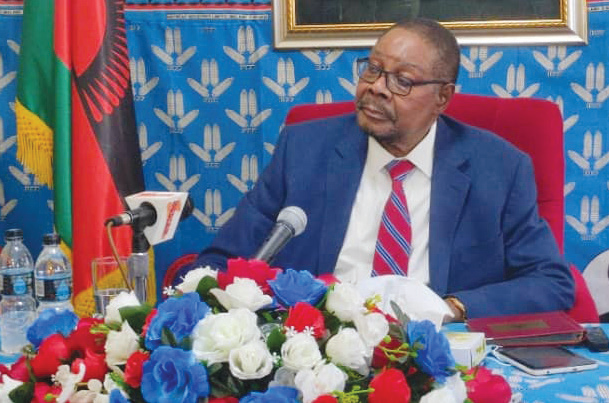Countering vaccine disinformation
A few days ago, a video of primary school students running for dear life from a vehicle they believed was ferrying people to inoculate them against Covid-19 went viral on social media.
From the way the young ones—some as old as six—fled the premises, one would be tempted to think that they had just heard a gunshot or that the ‘suspicious’ visitors had brought with them a plague from hell.
One could see that the children were scared half to death by the one thing that could protect them from a virus that has ravaged the nation and sent hundreds of thousands of people to the grave.
More so, when the layman saw another viral video showing a woman asking why she should send her children to school when health workers could show up at any time and vaccinate her children against Covid-19.
From there, it was easy to deduce that the frightened children in both videos were not just apprehensive about taking a jab, they were afraid because of something a lot more dangerous. Presumably something they were told by their parents or guardians.
It is clear, there is a lot of misinformation out there about the coronavirus pandemic and the vaccines developed to contain it. Naturally, the proliferation of misinformation, either on social media or in our communities, has created a deep-seated apprehension towards the vaccines.
Apparently, some sections of the public believe the Covid-19 vaccines are part of some emerging nefarious new world order that will usher in a satanic era envisioned in the Bible. Others believe the vaccine is a biological weapon meant to reduce the African population, either by sterilising children or infecting them with a deadly disease.
Some of the conspiracy theories are more grounded in fact, with some people concerned with the Oxford/AstraZeneca vaccines’ efficacy to the new Covid-19 variant identified in South Africa and allegations that some batches of the dose developed in Europe cause blood clots.
The fact that the Covid-19 infodemic has hit people in all spheres of life, from the ‘uneducated’ in the rural and the perceptibly more educated and aware people in the urban centres, shows the threat posed by the misinformation circulating in the public.
Put it simply, as long as people do not trust that the vaccine is safe and will work against Covid-19, they will not volunteer to take the vaccine. If more people shun the vaccine, Malawi’s chance of achieving herd immunity will inevitably go up in smoke.
The layman feels that the Ministry of Information and the newly-established Ministry of Civic Education and National Unity have not done enough to keep people adequately informed about Covid-19 vaccines.
Without taking any credit from existing communications on the traditional media, the layman thinks the two ministries are not moving fast or aggressively enough to counter the information before it takes root and does some irreparable damage to the confidence of people targeted for the vaccine.
The conspiracy theories are spreading like wildfire on social media. The least government can do is establish a strong presence there to provide the voice of reason and restore people’s faith in the vaccine.






One Comment